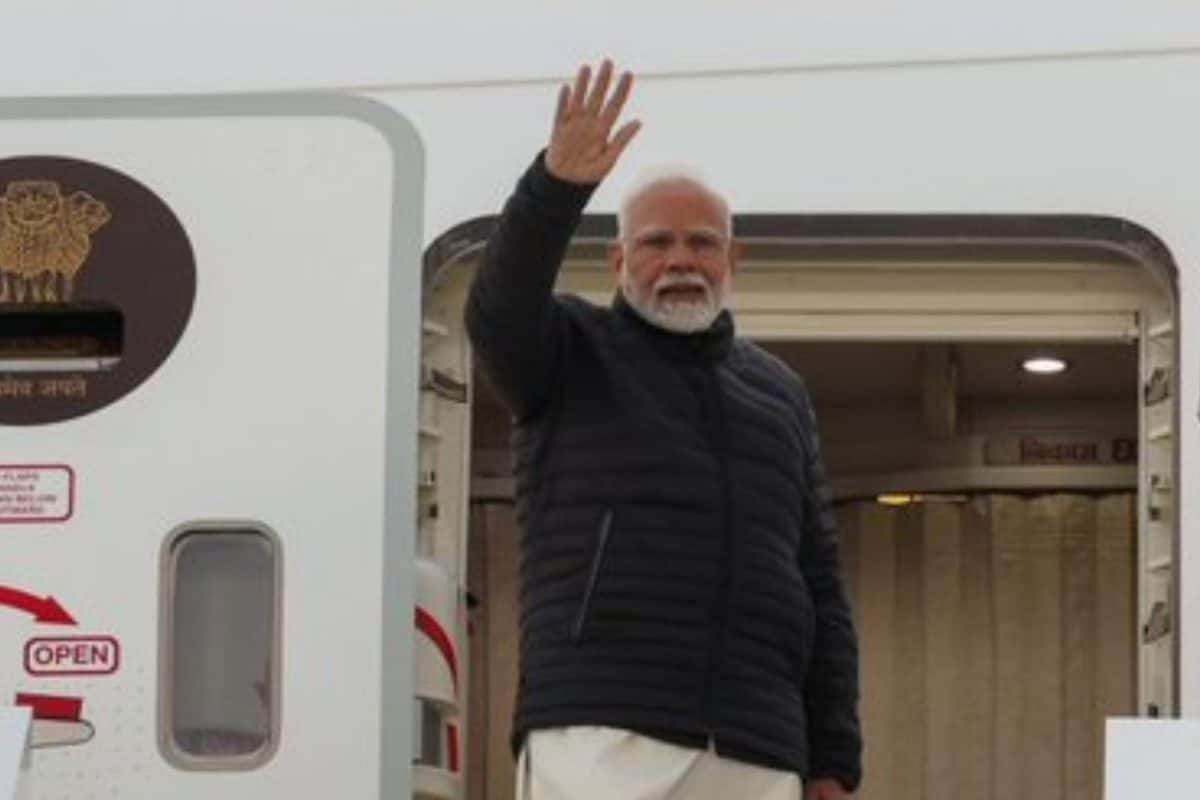

Prime Minister Narendra Modi's arrival in Croatia on Wednesday, June 18, 2025, marks a historic moment as the first-ever visit by an Indian Prime Minister to the Balkan nation. This visit, which follows the Prime Minister's participation in the G7 Summit in Kananaskis, Canada, underscores India's growing engagement with Central and Eastern Europe and its commitment to strengthening ties with European Union partners.
The Prime Minister's agenda includes meetings with Croatian President Zoran Milanović and Prime Minister Andrej Plenković. Discussions are expected to focus on expanding cooperation in areas of mutual interest, including trade, technology, and cultural exchange. Both countries share cordial relations underpinned by shared values, democratic institutions, and a commitment to international cooperation.
India was among the first non-European nations to recognize Croatia's independence in 1991, and since then, relations have steadily grown, built on mutual respect and non-interference. Over the years, several agreements have been signed to promote cooperation in various fields, including trade, culture, science and technology, and sports.
Economic engagement between India and Croatia, while still modest, has shown progress. In 2024, India's exports to Croatia totaled USD 251.6 million, comprising various goods such as ceramic and pharmaceutical products, engineering items, chemicals, and agricultural commodities. Croatia's exports to India amounted to USD 54.4 million, mainly consisting of machinery, wood and paper products, rubber, and refined vegetable oils. Indian investments in Croatia reached €44.5 million between 2001 and 2023, while Croatian investments in India were approximately €5.5 million during the same period.
Prime Minister Modi's visit is expected to result in several agreements aimed at transforming bilateral relations into a more strategic and dynamic partnership. These include expanding annual foreign office consultations, developing a joint innovation and startup platform, and fostering tourism and film collaboration. Croatia views India as a high-growth market for sophisticated manufacturing and intelligent energy technologies, while Indian companies can benefit from Croatia's strategic location within the EU market.
The growing Indian diaspora in Croatia, numbering over 17,000 as of March 2025, serves as an important pillar of the bilateral relationship. This includes a small number of permanent residents and Overseas Citizens of India. The diaspora mainly comprises IT engineers, educators and students. Cultural connections between the two countries are also significant, with a Croatian scholar, Ivan Filip Vezdin, publishing the world's first printed Sanskrit grammar in 1790.
The visit will also explore potential cooperation in space-based applications. Discussions will likely focus on reducing non-tariff barriers, easing regulatory pathways, and encouraging startup and SME cooperation. The India-Croatia Startup Bridge, initiated in 2021, and a collaborative Startup Challenge in 2022 have already fostered entrepreneurial cooperation in fields such as AI, green tech, and robotics. The extension of the Hindi Chair at the University of Zagreb is also planned.
Ambassador Arun Goel highlighted the importance of Croatia's role as a European Union (EU) member state in facilitating India, and the EU's willingness to sign a Free Trade Agreement (FTA) by the end of this year. He also noted Croatia's understanding of India's security concerns, particularly in the wake of recent terrorist attacks.
Prime Minister Modi's visit to Croatia not only strengthens bilateral ties but also underscores India's commitment to engaging with partners in the European Union and expanding its influence in the Indo-Pacific region. It sets the stage for a stronger, multi-dimensional India-Croatia partnership, emphasizing science and technology collaboration and fostering the startup ecosystem in both nations.